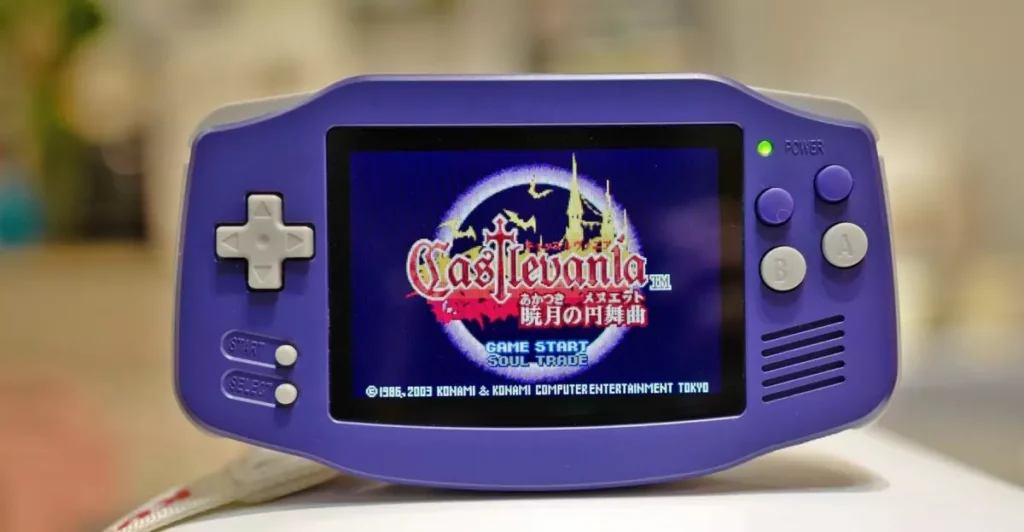The gaming landscape is on the brink of a crisis, a potential upheaval sparked by the alarming prospect of a 245 percent tariff on imports from China. This situation, largely stemming from shifts in U.S. trade policy, particularly stemming from the last administration’s stance, threatens to transform the very essence of how millions of gamers enjoy their pastime. Enter Anbernic, a Chinese company recognized for its nostalgic and budget-friendly gaming handhelds that keep the spirit of retro gaming alive. Its recent decision to halt shipments to the U.S. sends shockwaves through the community, leaving many to question the long-term viability of affordable gaming in America. In a marketplace where budget options have become increasingly scarce, the emotional toll this development may have on consumers cannot be overstated.
The Impact on the Average Gamer
For the dedicated gamer, Anbernic’s devices—often available for around $70—represent an affordable gateway to nostalgia. However, the looming tariffs could morph these devices into luxury items that only a select few can afford. The stark reality is that many enthusiasts rely on such affordable options to access classic games from their childhood, and this sudden price increase could alienate a portion of the consumer base that has long enjoyed Anbernic’s offerings. This situation highlights a critical juncture in the gaming community: what once was a vibrant marketplace filled with affordably accessible products is on the verge of being paved over by aggressive trade policies.
A Wary Adaptation
Interestingly, Anbernic’s suggestion to shift to products shipped from its U.S. warehouse presents a curious scenario. This warehouse has always been a viable destination for consumers seeking speedy delivery and, importantly, has remained exempt from the hefty tariffs proposed. While some might view this as a professional response to impending challenges, it raises questions about forethought. Was Anbernic aware of the potential disruptions long before these tariff measures were a focal point of public discussion? The company’s foresight reveals a calculated preparation for economic adversities that could serve as a case study for other businesses navigating the tumultuous waters of international trade.
The Broader Consequences of Tariffs
Yet, Anbernic’s plight is not an isolated incident; it is reflective of a broader trend impacting countless companies reliant on international production lines. The complications imposed by tariffs extend far beyond just one enterprise. Take RetroTINK, another favored name within the retro gaming community, which has similarly suspended shipments due to tariff uncertainties. Such scenarios serve as poignant reminders of the fragility of our modern economy, where even niche sectors can feel severe repercussions from shifting political landscapes. The unfortunate reality is that the DIY spirit that has long characterized the gaming community is dangerously at risk of being stifled by these nefarious economic policies.
Gaming as a Luxury Item
Image a world where retro gaming, once a delightful escape, transforms into a luxury experience—an activity cluttered by complexities unknown to the casual gamer. As tariffs loom ever larger, the concept of easy access fades. Where once one could casually purchase an affordable handheld console to revisit cherished childhood memories, they may now find themselves priced out of this experience altogether. For many, this shift has not weakened the significance of gaming; rather, it has altered its very framework, no longer the simple joy it once was but now encumbered by bureaucratic financial burdens.
Calls for Examination and Adaptation
In a climate echoing the importance of international cooperation and trade stability, it has become imperative for industry leaders to develop effective strategies that not only allow them to weather tariff storms but also preserve the joyous spirit of gaming itself. The retro gaming niche beckons for innovation, requiring companies to explore alternative sourcing options, inventive pricing strategies, or even a pivot towards local production. Anbernic’s current situation serves as not merely a cautionary tale but a resounding call to action for the gaming industry at large to advocate for more predictable trade practices. The enduring essence of gaming—its affordability and accessibility—hangs in the balance, and it is up to today’s leaders to ensure the magic remains within reach for all gamers.
The current discourse surrounding the future of gaming is not just about pixels on a screen or price tags on hardware; it’s about ensuring that the nostalgia factors into a future that can include everyone—no matter their financial situation. The call is clear: a cohesive effort must ensue to safeguard the heart and soul of an industry that has brought joy to millions for decades.









Leave a Reply